Anthony Kim showed his resilience with a crucial chip-in on the 13th hole, keeping his chances alive as he battles inside the Top 20 with five holes remaining at the LIV Golf event.
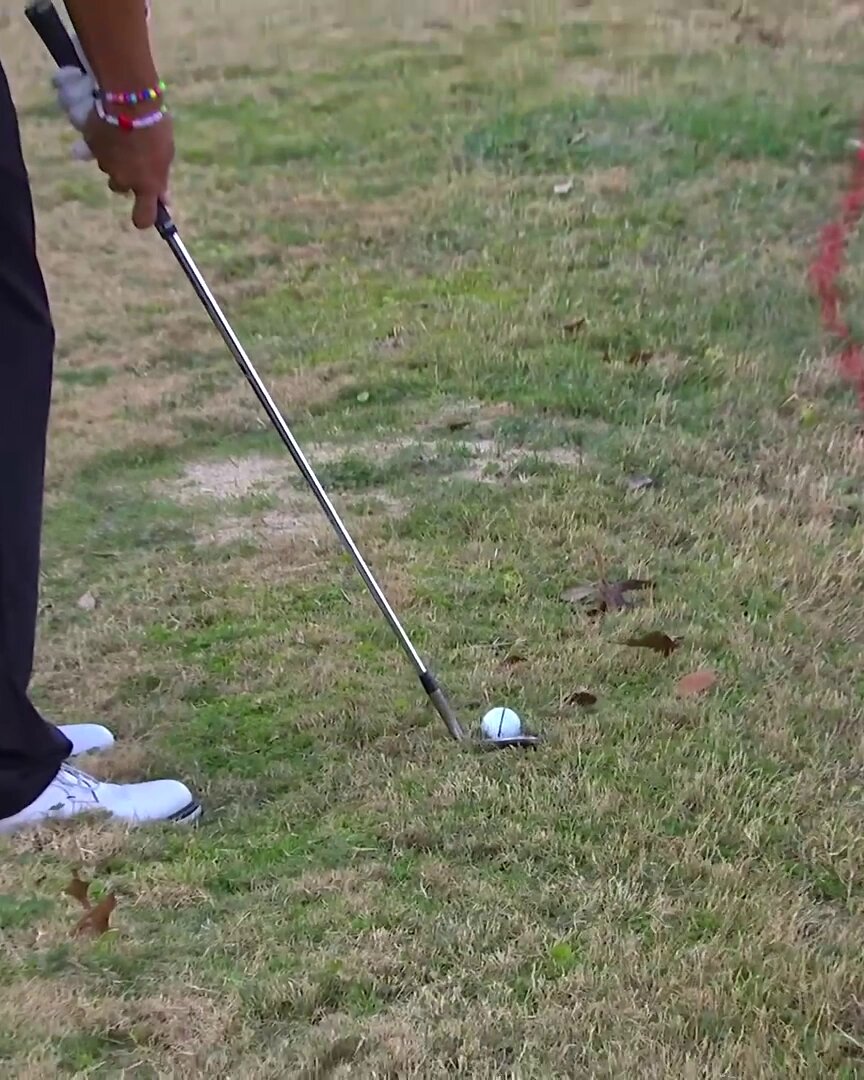

Anthony Kim showed his resilience with a crucial chip-in on the 13th hole, keeping his chances alive as he battles inside the Top 20 with five holes remaining at the LIV Golf event.

Min Woo Lee displays remarkable skill escaping from the sand on the Australian Sandbelt, a region known for its challenging bunkers and fast greens. His precise shot from the bunker at a recent DP World Tour event highlights the level of talent present on the tour today.
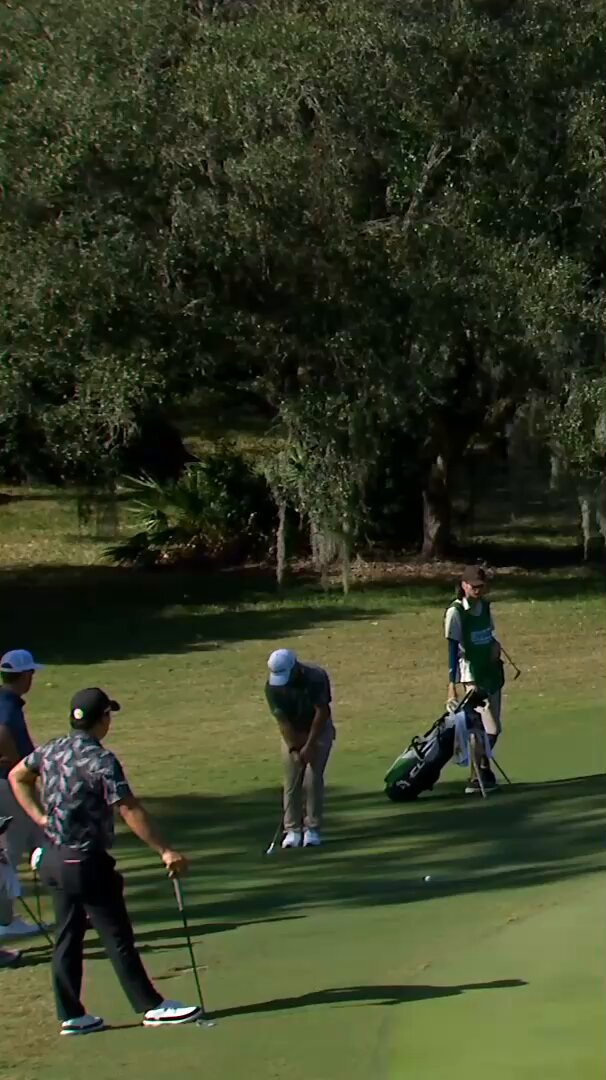
Miguel Tabuena showed impressive skill and composure during the International Series event, delivering a crucial chip-in birdie on the 5th hole that brought him back to even par. This moment was a pivotal point in his round, giving him renewed momentum as he aimed to secure a top-20 finish.
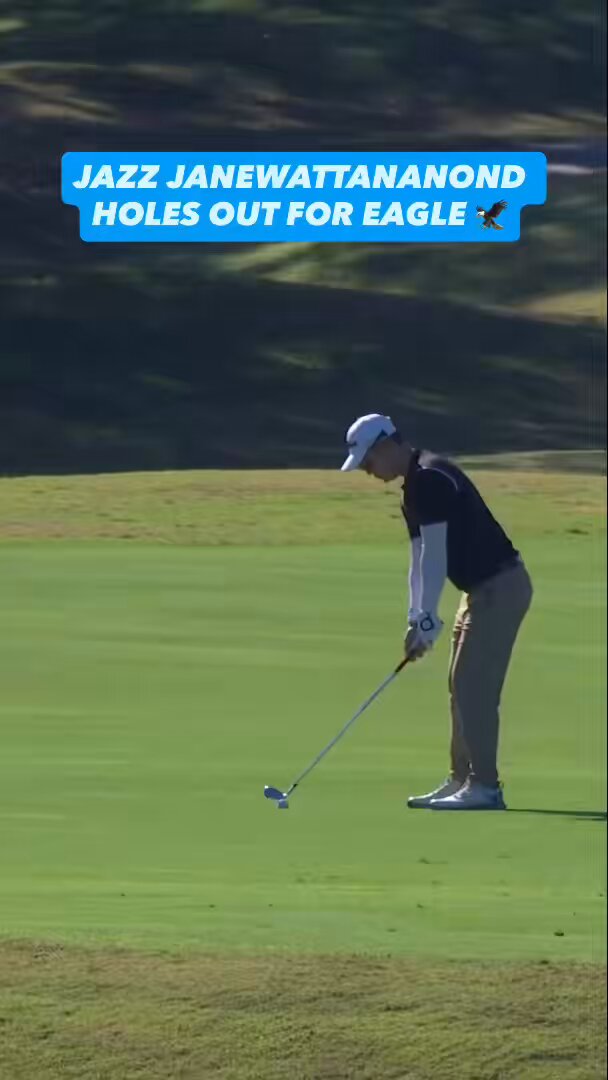
Jazz Janewattananond made a strong statement early in the second round of the International Series by holing out for an eagle on the 4th hole. This impressive start sets the tone for what could be a pivotal day in the tournament.
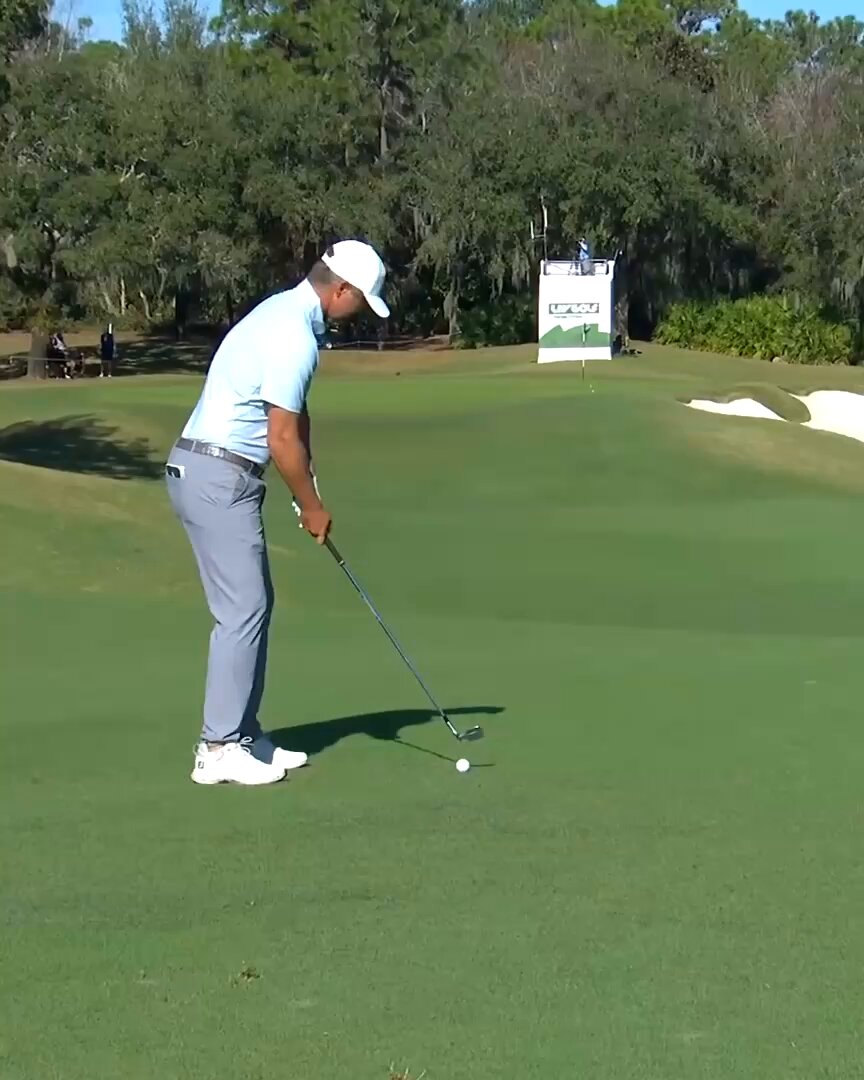
Matt Jones kicked off the LIV Golf event with an impressive birdie start, setting the tone for an exciting day on the course. His early success highlights the competitive spirit that defines the LIV Golf League, where players consistently deliver high-level performances.
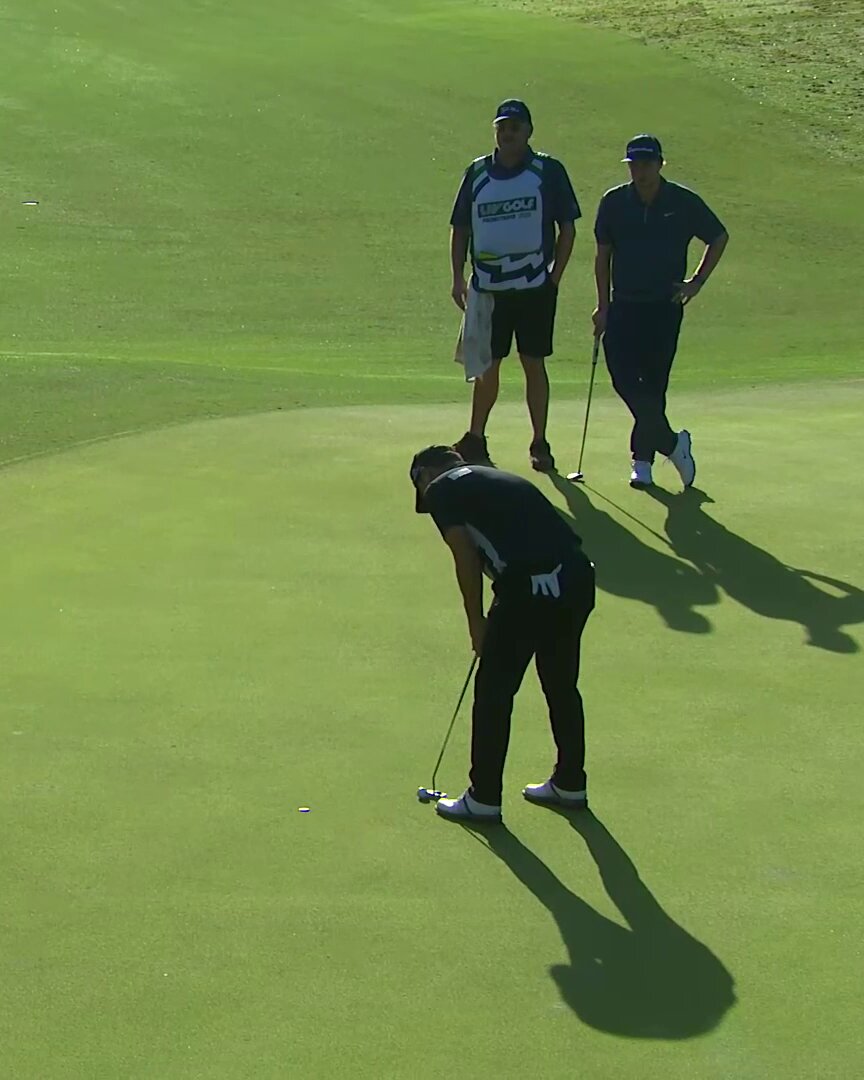
The 2026 LIV Golf Promotions event is now live, showcasing some of the most exciting moments in the evolving landscape of professional golf. Fans can follow the action on FS2 and stream it directly via the LIV Golf App, ensuring full access to the latest developments in this growing tour.

The 2026 LIV Golf Promotions are heating up as players push hard to secure their spots for the weekend rounds. With intense competition underway, the second round promises plenty of action and drama on the course.
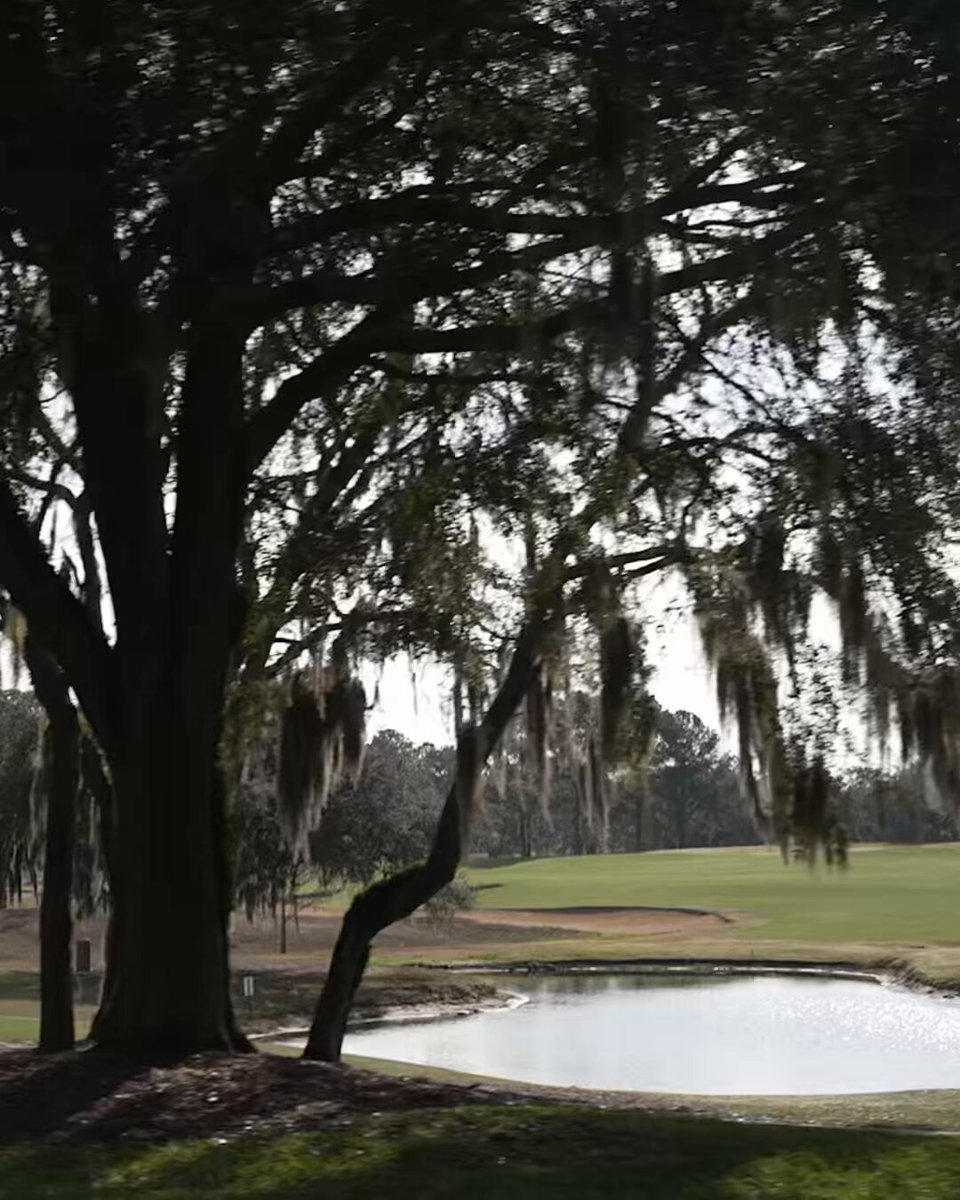
The first round of the 2026 LIV Golf League Promotions has delivered an exciting start to the season, showcasing intense competition and impressive performances from the field. Fans tuning in witnessed a dynamic display of golf as players battled for early positioning in the tournament.
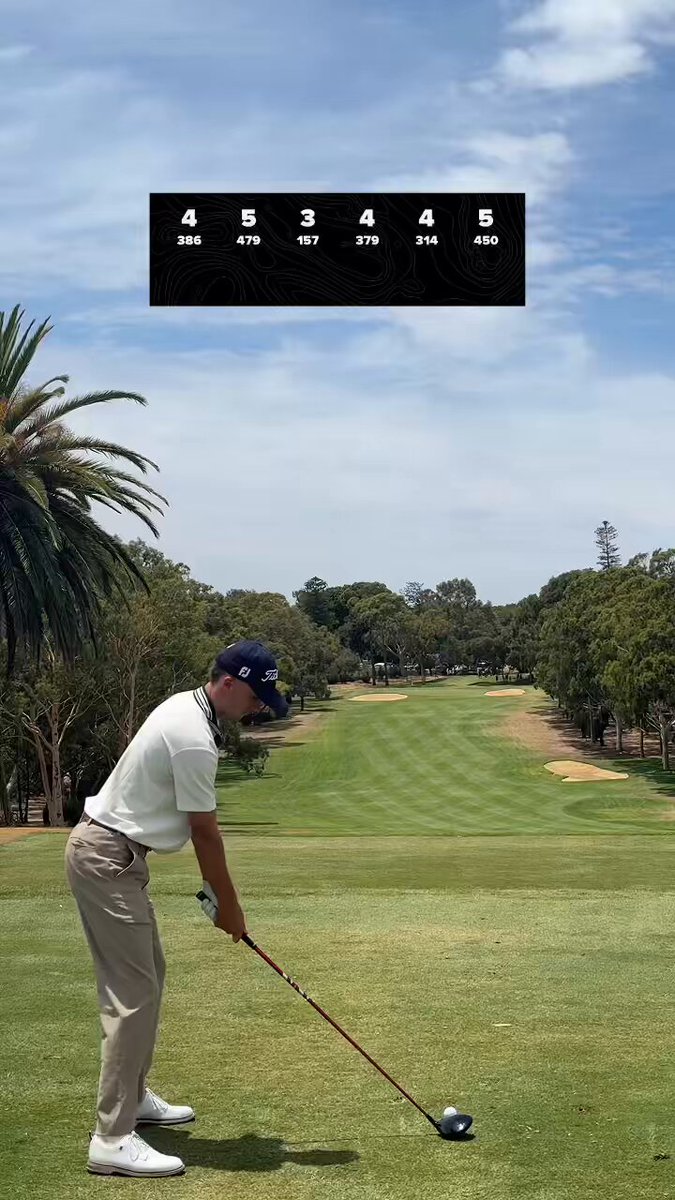
Connor McKinney has made a strong start at the Webex Players Series, securing an early lead that sets the tone for the tournament. The Australian-based event is gaining attention for its competitive field and engaging format.

Queensland amateur Billy Dowling impressed with a solid 4-under 68 on Friday, moving him inside the top 10 at the #WebexPlayersSeries in Perth. His performance at Royal Fremantle Golf Club highlights the potential of emerging talent in Australian golf.